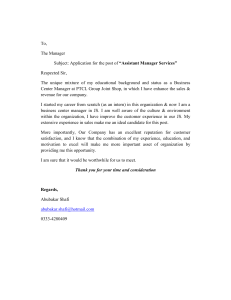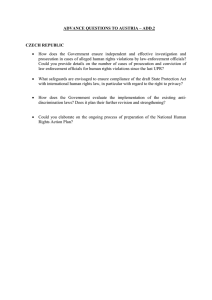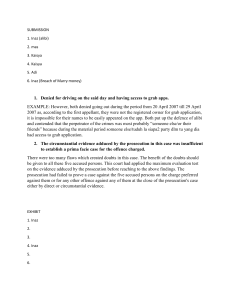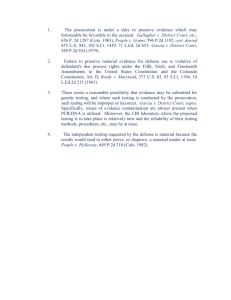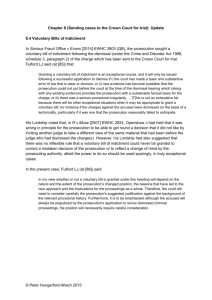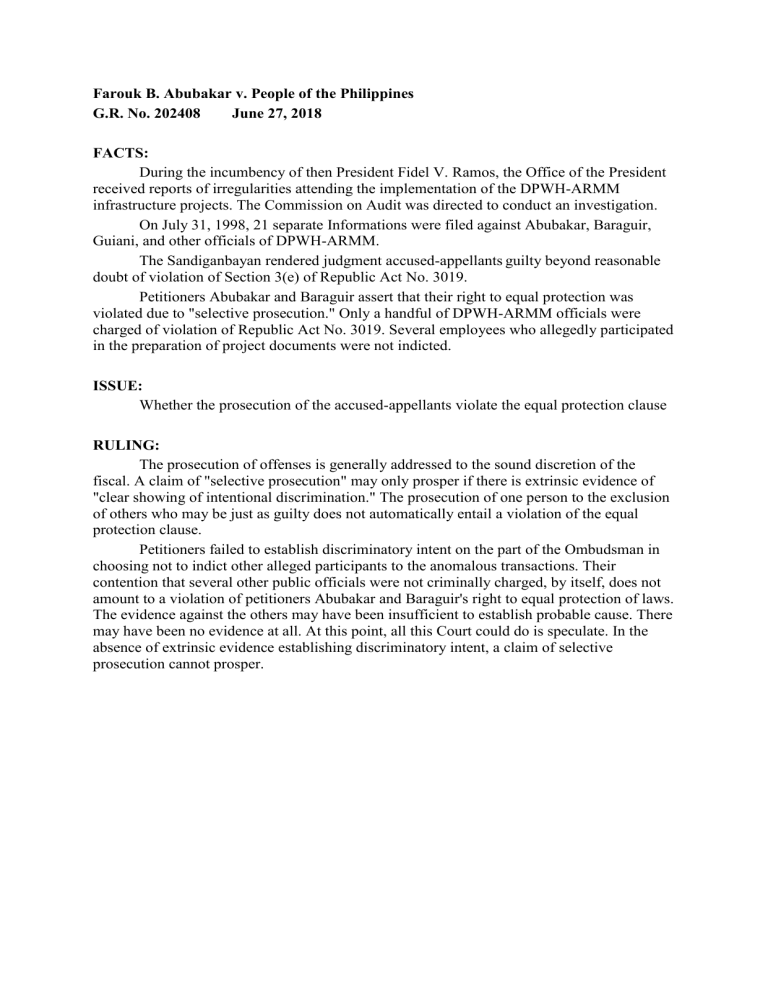
Farouk B. Abubakar v. People of the Philippines G.R. No. 202408 June 27, 2018 FACTS: During the incumbency of then President Fidel V. Ramos, the Office of the President received reports of irregularities attending the implementation of the DPWH-ARMM infrastructure projects. The Commission on Audit was directed to conduct an investigation. On July 31, 1998, 21 separate Informations were filed against Abubakar, Baraguir, Guiani, and other officials of DPWH-ARMM. The Sandiganbayan rendered judgment accused-appellants guilty beyond reasonable doubt of violation of Section 3(e) of Republic Act No. 3019. Petitioners Abubakar and Baraguir assert that their right to equal protection was violated due to "selective prosecution." Only a handful of DPWH-ARMM officials were charged of violation of Republic Act No. 3019. Several employees who allegedly participated in the preparation of project documents were not indicted. ISSUE: Whether the prosecution of the accused-appellants violate the equal protection clause RULING: The prosecution of offenses is generally addressed to the sound discretion of the fiscal. A claim of "selective prosecution" may only prosper if there is extrinsic evidence of "clear showing of intentional discrimination." The prosecution of one person to the exclusion of others who may be just as guilty does not automatically entail a violation of the equal protection clause. Petitioners failed to establish discriminatory intent on the part of the Ombudsman in choosing not to indict other alleged participants to the anomalous transactions. Their contention that several other public officials were not criminally charged, by itself, does not amount to a violation of petitioners Abubakar and Baraguir's right to equal protection of laws. The evidence against the others may have been insufficient to establish probable cause. There may have been no evidence at all. At this point, all this Court could do is speculate. In the absence of extrinsic evidence establishing discriminatory intent, a claim of selective prosecution cannot prosper.
